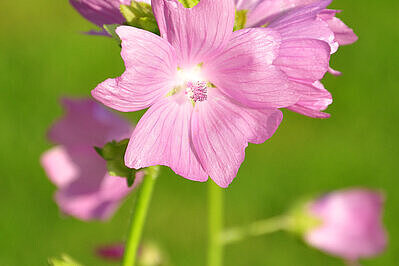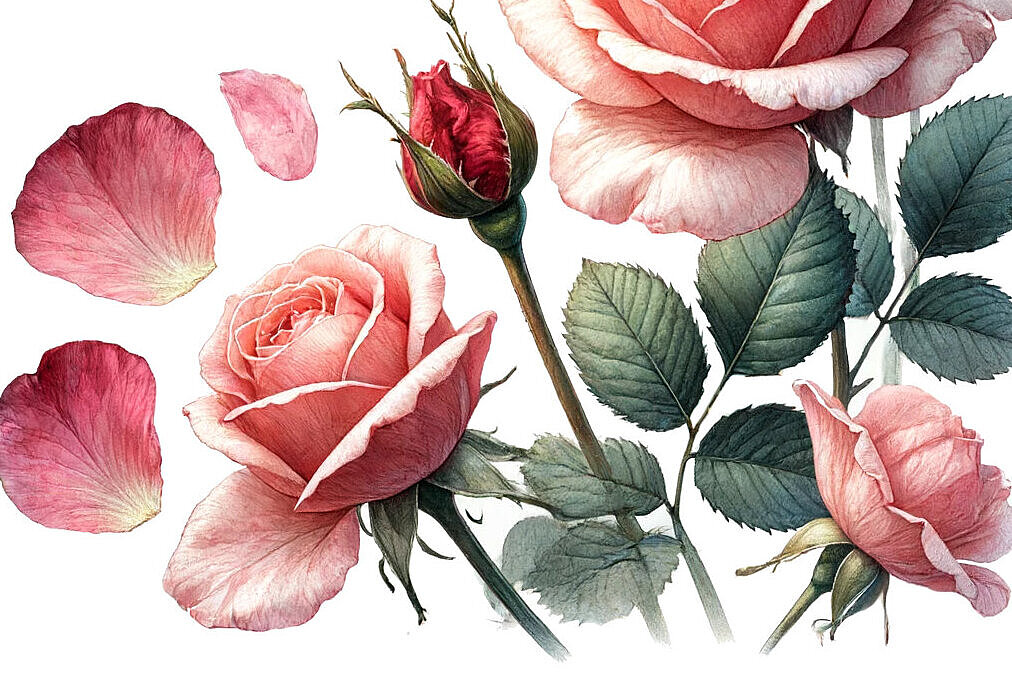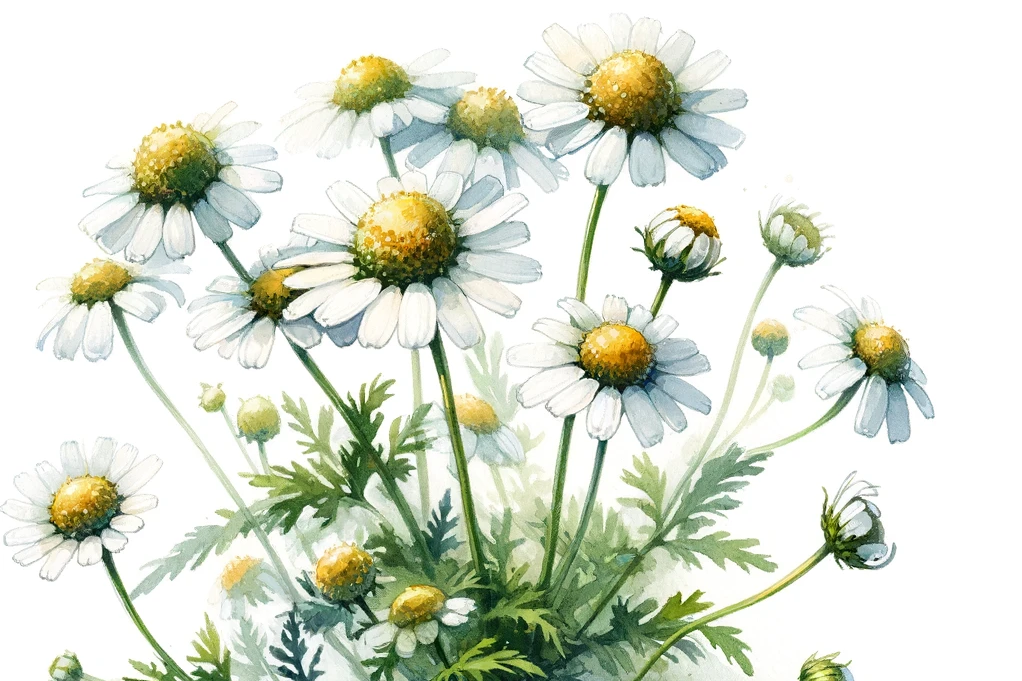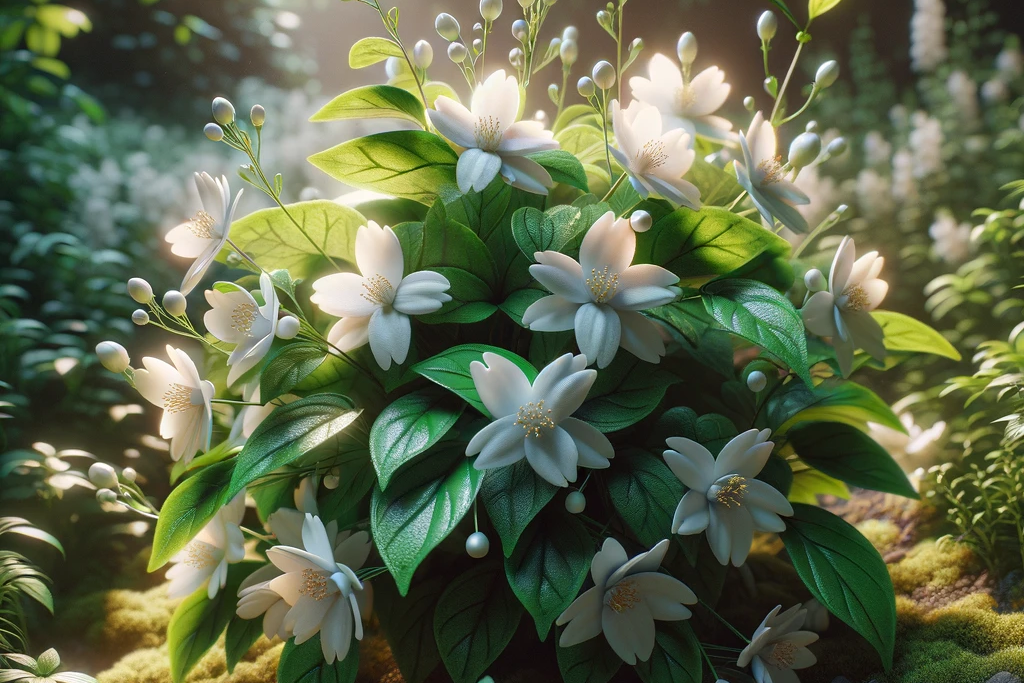Hibiscus
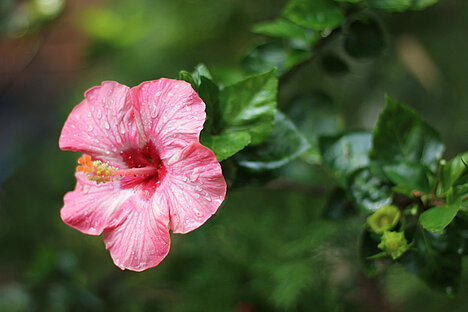
What is hibiscus?
Hibiscus is a genus of plants in the mallow family. There are more than 200 species of hibiscus that grow in the tropics and subtropics of the world. The best known are the marshmallow (Hibiscus syriacus), the rose hibiscus (Hibiscus rosa-sinensis) and the African hibiscus (Hibiscus sabdariffa). Hibiscus usually has large, cup-shaped flowers in various colors, ranging from white to pink to red and purple. The flowers are often edible and are used in cooking and medicine.
What are the benefits of hibiscus for dogs?
Hibiscus has a number of positive effects on dogs due to its ingredients. These include, among others
- Vitamin C: Hibiscus is rich in vitamin C, which strengthens the immune system and protects against infections.
- Antioxidants: Hibiscus contains many antioxidants that fight free radicals and prevent cell damage. Antioxidants can also inhibit inflammation and reduce the risk of cancer.
- Flavonoids: Hibiscus is rich in flavonoids, which have antibacterial, antiviral and antifungal effects. Flavonoids can also dilate blood vessels and lower blood pressure.
- Anthocyanins: Hibiscus is one of the few plants that contain anthocyanins. These are responsible for the red color of the flowers and have an antioxidant and anti-inflammatory effect. Anthocyanins can also regulate cholesterol levels and promote heart health.
You can give your dog hibiscus in the form of tea, syrup or dried flowers.
What are the side effects of hibiscus for dogs?
Hibiscus is not suitable for all dogs and can have some side effects. These include, among others
- Allergies: Some dogs can have an allergic reaction to hibiscus and show symptoms such as a skin rash, itching or breathing difficulties.
- Gastrointestinal problems: Hibiscus can cause gastrointestinal upset such as diarrhea, vomiting or abdominal pain in some dogs. This may be due to the acidity or fiber in hibiscus. If your dog is sensitive, you should only give him small amounts of hibiscus or leave it out completely.
- Interactions: Hibiscus can interact with some medications or supplements and strengthen or weaken their effect. This applies in particular to medication for high blood pressure, diabetes or blood clotting.
Hibiscus is a genus of plants in the mallow family with different species and colorful flowers. Hibiscus can be beneficial for dogs as it is rich in vitamin C, antioxidants, flavonoids and anthocyanins. These ingredients can boost the immune system, reduce inflammation and promote heart health. You can give hibiscus in the form of tea, syrup or dried flowers. However, hibiscus can also cause allergies, gastrointestinal complaints and drug interactions, so it should be administered with caution.
If you notice any signs of hypersensitivity or poisoning in your dog, you should see your vet immediately. We are not a substitute for a vet, but we try to be as accurate as possible. Every dog reacts differently and we recommend you get a second opinion or consult your vet if in doubt.
Stay healthy and take good care of your four-legged friend!😊
Similar to Hibiscus
Mallow belongs to the mallow family and is closely related to the hibiscus and hollyhock plants. It contains many valuable ingredients such as mucilage, tannins, flavonoids, vitamin C and minerals....
Rose blossoms are the leaves of the rose plant, which belongs to the rose family. There are many different varieties of roses, which vary in color, shape, size and fragrance. Most rose blossoms are...
Chamomile is a plant from the composite family that is mainly found in Europe, Asia and Africa. It has white flowers with a yellow center that exude a pleasant fragrance. The flowers are dried and...
True jasmine (Jasminum officinale) belongs to the olive family and is mainly native to warmer climates. The plant is known for its white, fragrant flowers, which bloom in the summer months and have...
